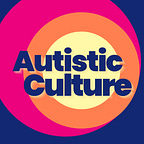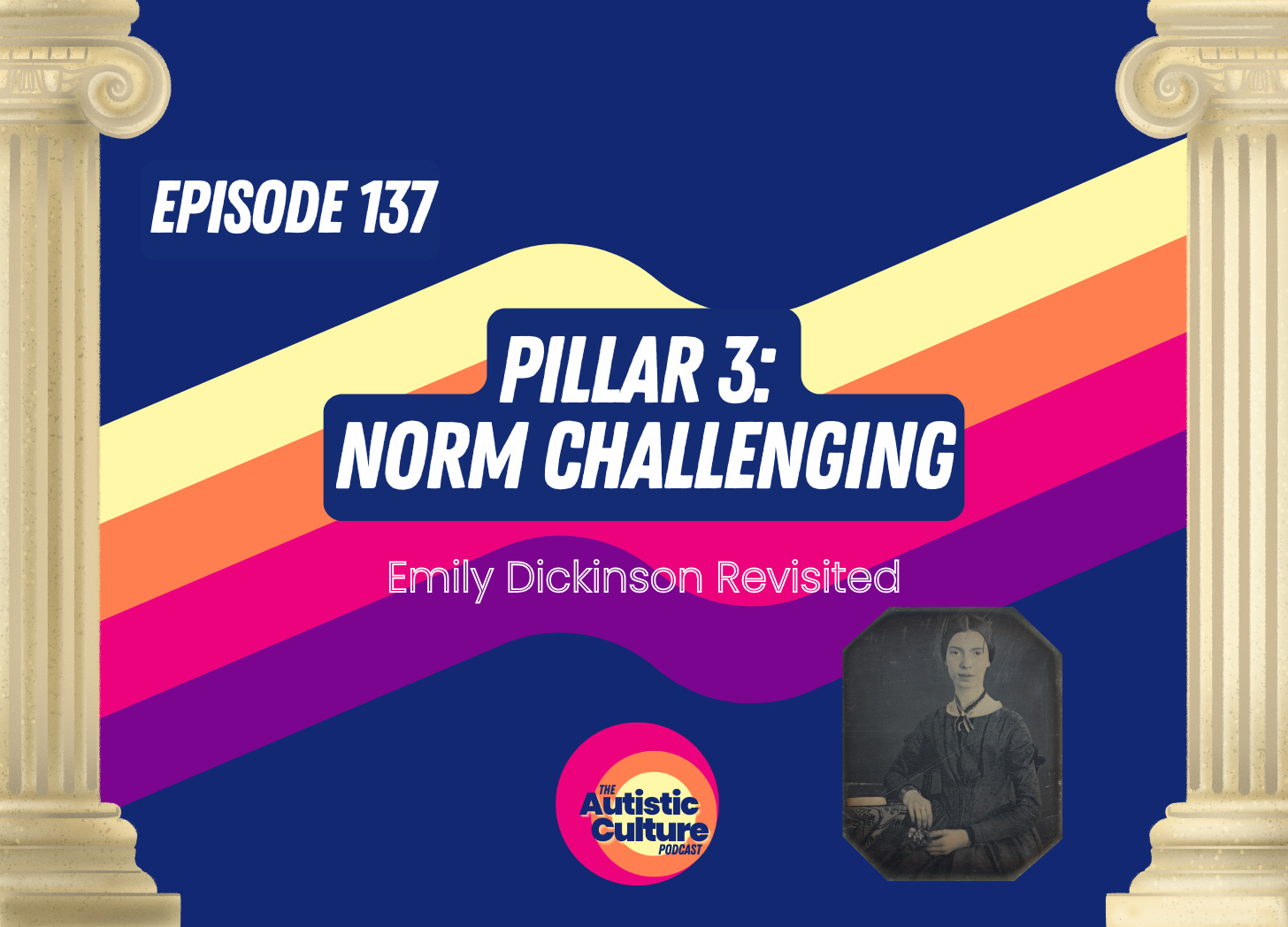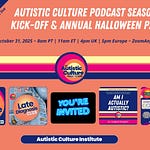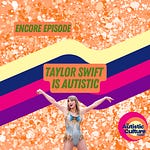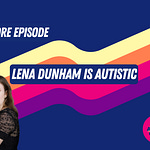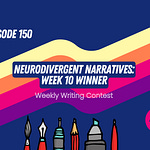An episode that explores the heart of autistic insight, authenticity, and truth-telling.
In Episode 137 of The Autistic Culture Podcast, Dr Angela Kingdon continues our journey through the 10 Pillars of Autistic Culture as we move onto Pillar 3— Norm Challenging. Here’s what defines this core Autistic trait:
❓Autistic culture doesn't just question norms — it reimagines them. Being misunderstood is often a sign of being ahead of our time, not behind. Our literal minds challenge euphemism, dishonesty, and performative niceness. We ask “why” not to be difficult, but because truth matters.
🔥Emotional intensity fuels a drive toward justice, not just personal catharsis.
🌐Sensory and interoceptive differences create embodied experiences that challenge cultural assumptions (about politeness, gender, social scripts).
🌊Depth over surface: We don’t do small talk — we go deep, fast.
🎭Insight over appearance: We value meaning, not pretense.
🗣️Truth-telling: Even when it’s inconvenient or uncomfortable.
💥Emotional honesty: Our intensity can be confronting — and transformative.
👮Questioning authority: We challenge rules that don’t make sense.
🌈Gender and identity fluidity: Many autistics naturally diverge from binary roles.
❌Rejection of social performance: If it’s fake, we’re out.
🤝Anti-hierarchy: We build relationships around shared interest, not status.
📊Pattern-driven rebellion: We don’t just push back — we see what’s broken.
⚖️Moral clarity: Our black-and-white thinking often reflects a clear sense of justice, not rigidity.
🎙️ What you’re about to hear is a special remastered episode from our archives — perfect for Pillar 3: Norm Challenging. This episode doesn’t just talk about language — it lives inside it.
💭 As you listen, ask yourself:
Literal honesty over social performance – Emily refused to “visit” socially, a major chore in her time. She didn’t pretend to enjoy small talk or conform to polite society. She opted out, poetically, and repeatedly.
Persistent demand for autonomy – What gets labeled PDA today was how Emily lived: resisting unjust expectations, from marriage to fashion to church membership.
Religious resistance and personal meaning-making – In a deeply Calvinist world, Emily publicly identified as “without hope” (refusing conversion) and privately worshipped the Word itself — finding spiritual truth in poetry, not doctrine.
Gender fluidity and self-redefinition – She referred to herself in letters as “Brother Emily,” imagined herself as a prince, earl, or duke, and expressed longing to be “bearded like a man.” Her queerness wasn’t a phase — it was part of her poetic self-construction.
Masking for survival, not acceptance – Emily dressed all in white, framed her writing as religious, and stayed under her father’s roof by appearing pious, not because she agreed with social norms, but to create safety and space for her real work.
Social rejection and CPTSD – Her refusal to conform was punished. Her poetry was ignored. She was called strange, sickly, and reclusive. This episode explores how rejection sensitivity and chronic invalidation shaped her creative and emotional world.
Sensory seeking and autistic fashion – Emily made her own clothes for comfort, refused corsets, and wore the same soft cotton wrapper daily. Not just defiance — it was regulation and sensory joy.
Rewriting the world through poetry – Her work challenges poetic form, grammar, rhythm, and even the rules of punctuation. She wasn’t bad at writing — she rewrote what writing could be.
Choosing truth over approval – Whether in letters, verse, or social choices, Emily never picked the easy path. She chose what was honest. Even when it meant social exile.
Legacy of liberation – By breaking norms in her time, she opened doors for queer, autistic, gender-nonconforming, and outsider voices. Her work didn’t just survive — it changed literature forever.
So as you listen to this episode, ask yourself: What norms have you challenged — even quietly? What parts of you have been pathologized that might be your power?
Let Emily Dickinson remind you: telling the truth, even slantwise, is still truth. And that, in itself, is revolutionary.
So, whether you’re autistic, exploring the possibility, or just someone who loves and respects autistic people, you are welcome here.
We’re saving you a seat!
This episode is a part of our Start Here Series, which is designed for new listeners of the show who are wondering, “where should I start?” to have a solid foundation for their experience here. It’s also for loyal listeners to begin to more fully embody the pillars of Autistic culture with more clarity and pride. Join the convo with #AutisticCulture!
Related Episodes:
Emily Dickinson – Her reclusive lifestyle, gender ambiguity, and radically inventive poetry defied 19th-century norms. (Ep 3)
Charles Schulz - He used Peanuts to critique social conformity, anxiety, and unspoken rules subtly. (Ep 8)
Courtney Love – Loud, unapologetic, emotionally intense; challenged gender norms and music industry double standards. (Referenced, Ep 89)
Vampires – Symbolic outsiders who often represent neuroqueer themes of identity, consent, and bodily autonomy. (Ep 75)
X-Men – Mutants as a metaphor for neurodivergence, queerness, and civil rights struggles. (Ep 67)
Being an Expat – Living outside your culture makes norms visible; this episode explores outsider identity. (Ep 105)
Wednesday Addams – Dry, literal, emotionally intense — a pop culture icon of norm defiance. (Ep 17)
Follow us on Instagram
Find us on Apple Podcasts and Spotify
Learn more about Angela at AngelaKingdon.com
Our Autism-affirming merch shop


